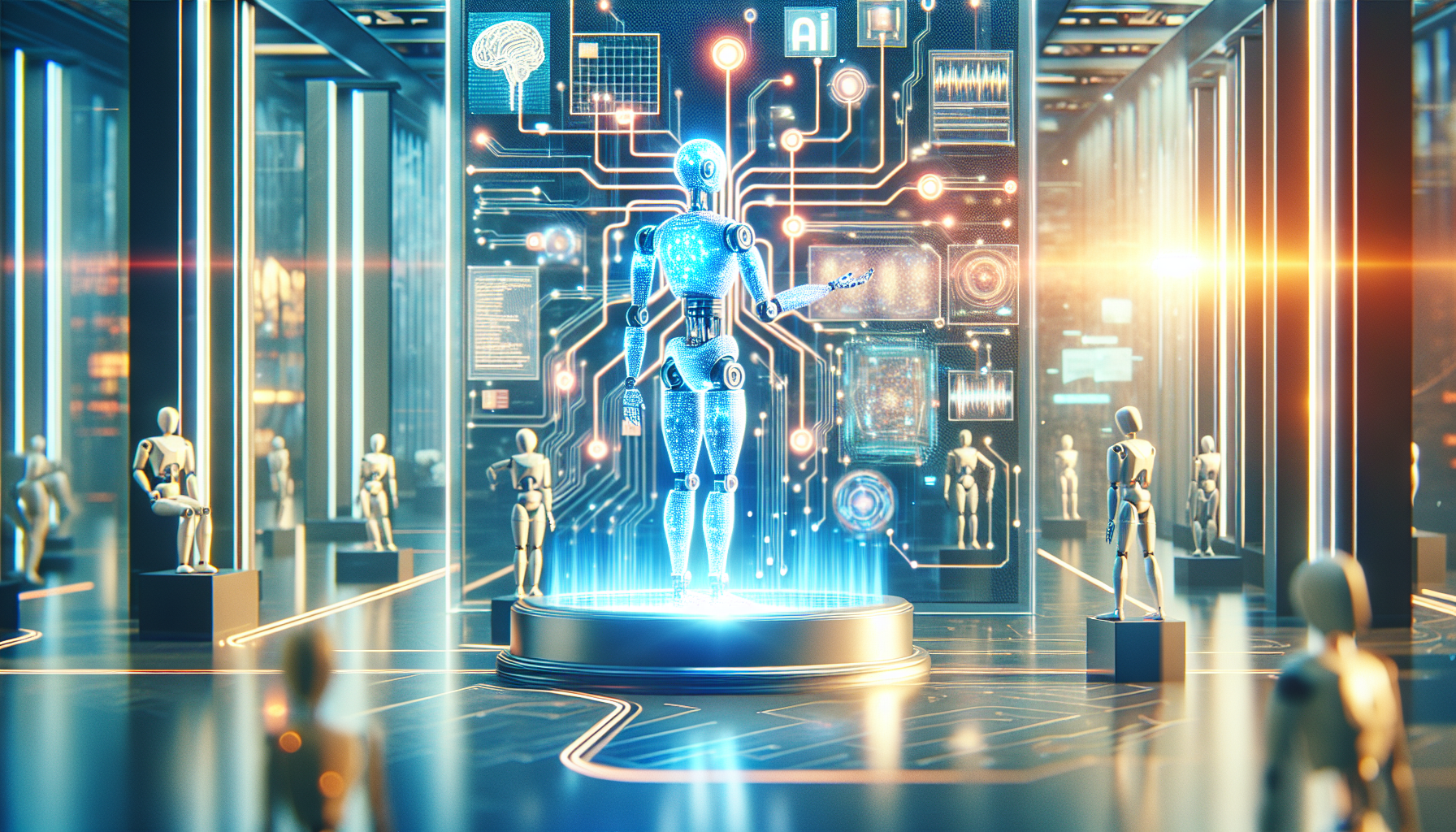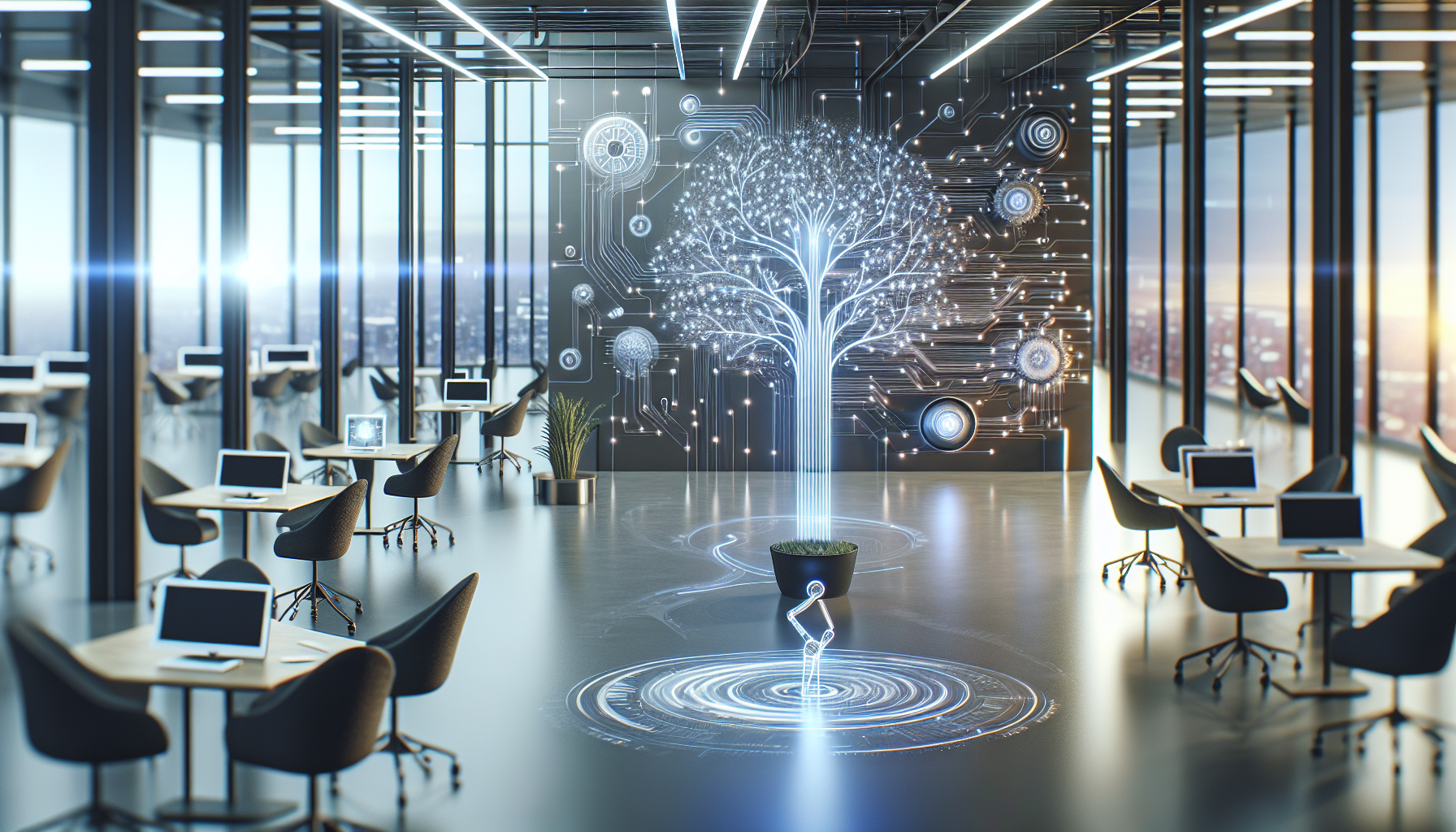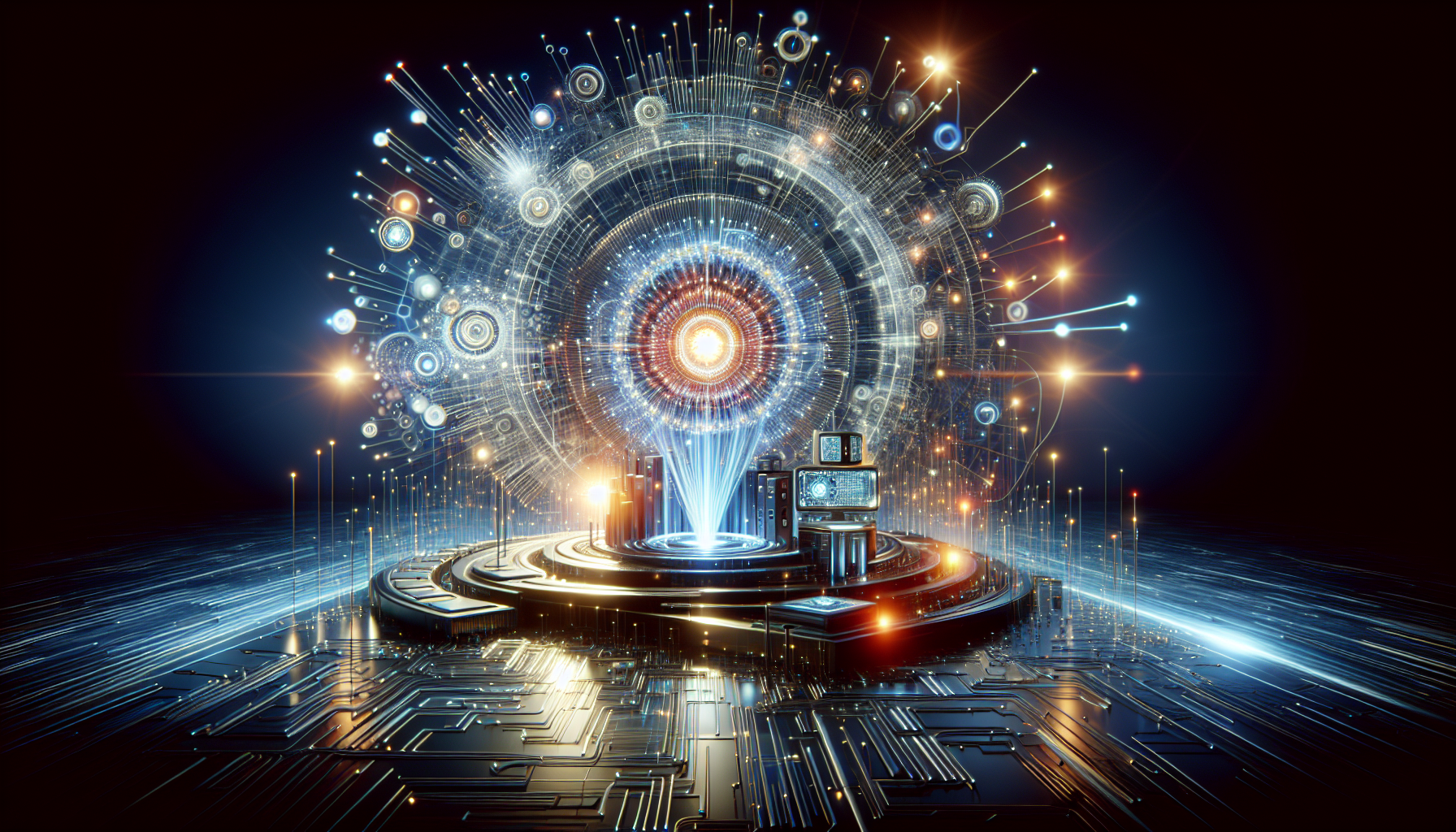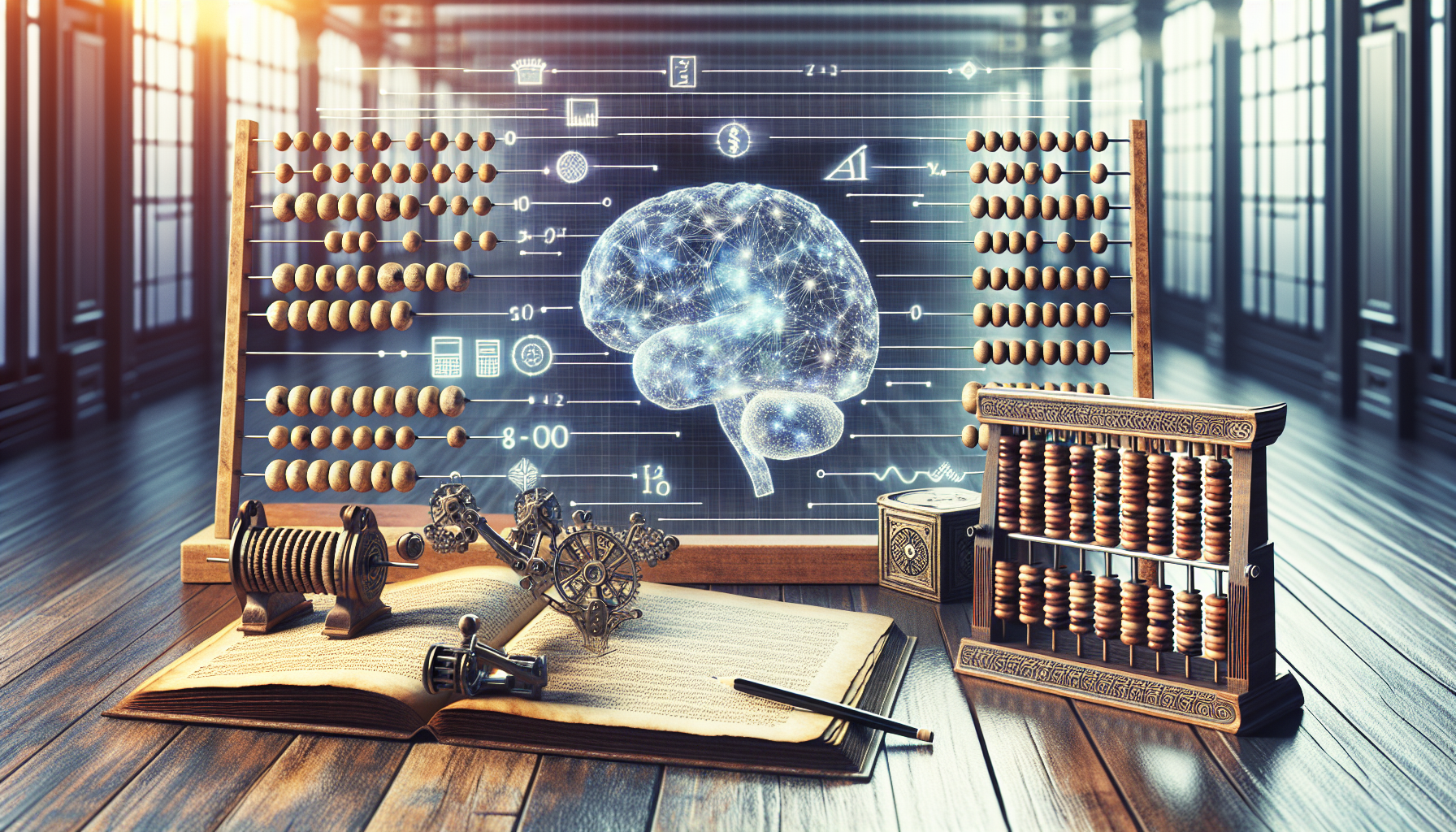
The Evolution of Artificial Intelligence: Debunking Myths and Inspiring Reality
September 13, 2025
Artificial Intelligence, once a figment of science fiction, has matured into a cornerstone of modern innovation. Yet, as AI's capabilities have grown, so too have the myths surrounding its evolution—from tales of malevolent machines to the fear of job-stealing robots. Dispelling these myths reveals not only the reality of AI's potential but also its profound capacity to inspire and transform our world for the better.
In the early days, AI was often depicted as the brainchild of eccentric scientists, a futuristic dream that seemed beyond reach. However, the truth is that AI's roots are grounded in centuries of human inquiry into the nature of thought and learning. Philosophers, mathematicians, and engineers have long pondered the mechanics of the mind, laying the groundwork for what we now recognize as artificial intelligence.
One persistent myth is the notion that AI operates independently of human influence, a self-contained entity capable of making decisions without human input. In reality, AI is deeply intertwined with human ingenuity. It is the product of countless hours of programming, testing, and refinement by skilled professionals who guide its development. By understanding this collaborative nature, we can appreciate AI not as a threat but as a tool that amplifies human potential.
Another common misconception is that AI's primary goal is to replace human workers, leading to widespread unemployment. This narrative overlooks the symbiotic relationship between AI and humans. While automation can indeed reshape certain industries, it also creates new opportunities and roles that were previously unimaginable. AI excels in handling repetitive, analytical tasks, freeing humans to focus on creative, strategic, and empathetic endeavors. This shift paves the way for a workforce that is more dynamic and fulfilled, echoing the adaptability that has always been a hallmark of human progress.
The fear of AI as a harbinger of dystopian futures is a theme often explored in media and literature, yet this fear is largely unfounded. AI systems are designed to perform specific tasks and lack the autonomy or consciousness to harbor intentions—good or bad. When ethical guidelines and thoughtful regulation are applied, AI becomes a force for good. Consider how AI is revolutionizing healthcare by analyzing vast datasets to identify patterns and predict outbreaks, ultimately saving lives and improving patient care.
In education, AI is breaking barriers, providing personalized learning experiences that cater to individual needs and learning styles. It democratizes access to knowledge, empowering students from diverse backgrounds to achieve their full potential. These advancements serve as a testament to AI's ability to enhance human capability rather than diminish it.
A lesser-known but equally inspiring aspect of AI is its role in environmental conservation. AI-powered technologies are being harnessed to monitor ecosystems, track wildlife populations, and even predict natural disasters, providing critical insights that aid in preserving our planet for future generations. This intersection of technology and nature underscores a vital truth: AI is not an adversary but an ally in the fight to sustain our world.
As we continue to integrate AI into various facets of life, the importance of transparency and ethical considerations cannot be overstated. By fostering a culture of openness and accountability, we can ensure that AI reflects our shared values and contributes positively to society. Collaborative efforts between technologists, ethicists, and policymakers are essential in guiding AI’s development toward outcomes that benefit all of humanity.
The journey of AI from concept to reality is one marked by collaboration, innovation, and a relentless pursuit of improvement. By dispelling the myths that cloud its potential, we open ourselves to the profound possibilities AI offers. Imagine a world where AI and human creativity intertwine seamlessly, driving progress and solving the most pressing challenges of our time. How might we harness this powerful synergy to shape a future that reflects the best of human ingenuity and technological advancement? The answer lies in our willingness to embrace AI as a partner in the ongoing narrative of human achievement.


